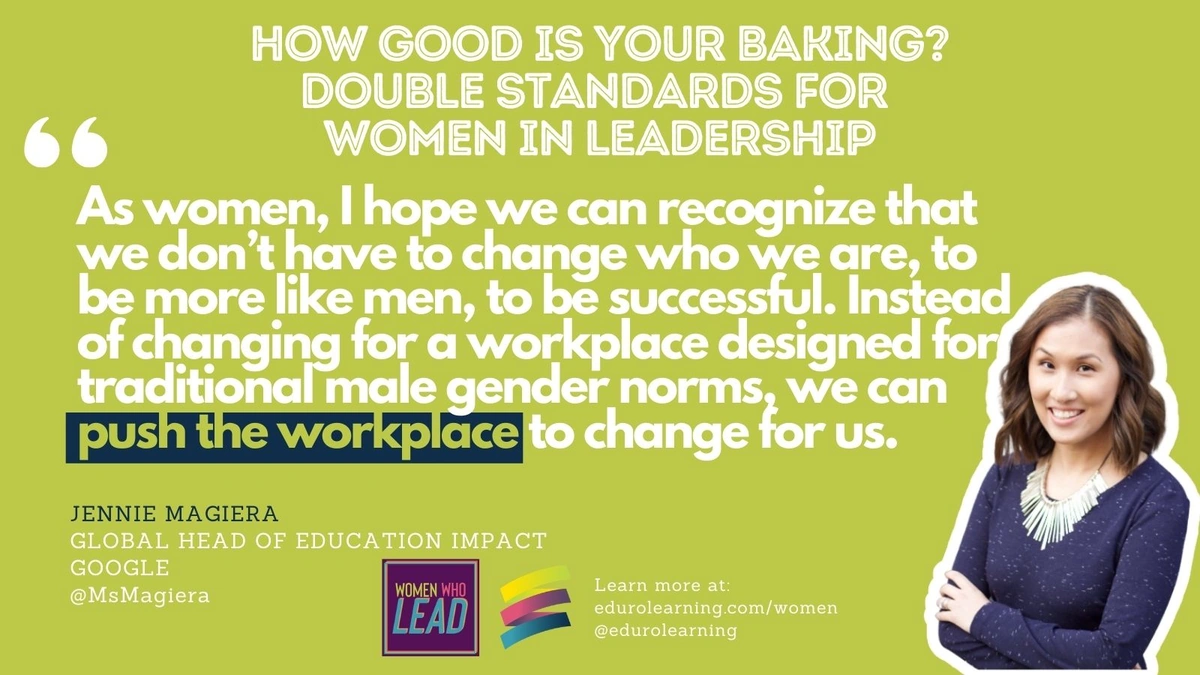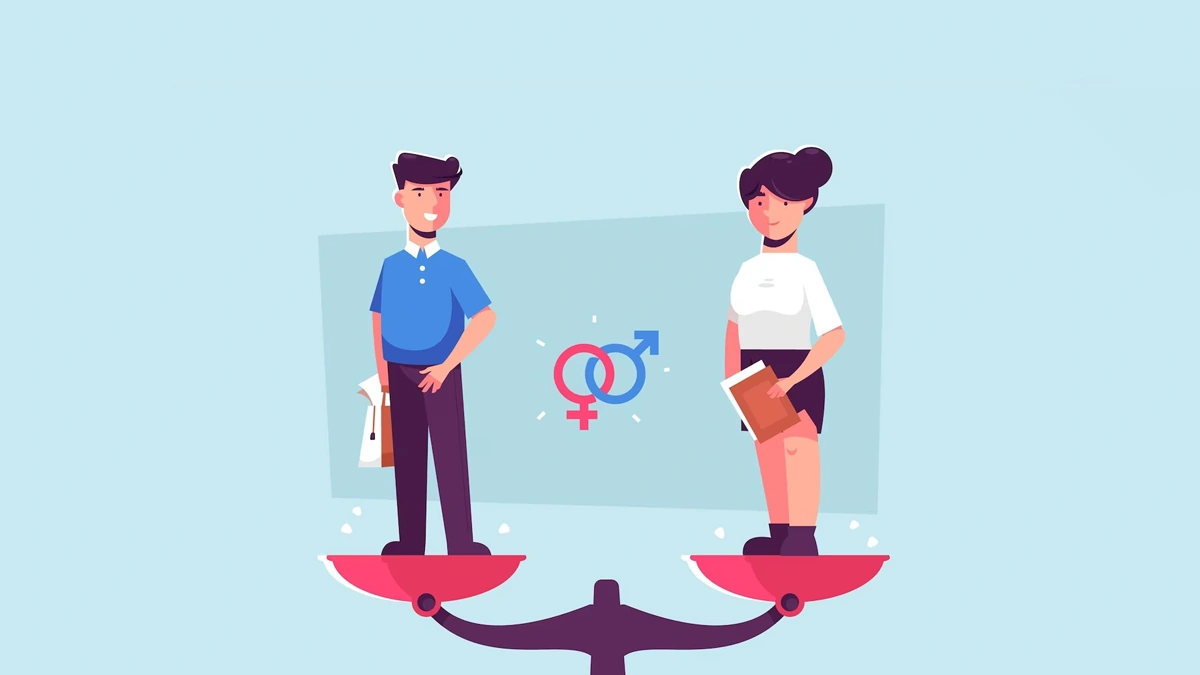Deepika Padukone on Being Called ‘Pushy’ for Demanding 8-Hour Workday: How Gender Bias Affects Women at Work
Okay, let’s be real. We’ve all been there, haven’t we? That moment when you’re labeled ‘ambitious’ for doing the exact same thing a man is praised for. Deepika Padukone recently opened up about facing this very issue being called ‘pushy’ for simply asking for a reasonable 8-hour workday. It’s not just a celebrity gripe; it’s a glaring example of the gender double standards that women face in the workplace every single day.
The Unspoken Rules and Workplace Inequality

Here’s the thing: it’s not just about the hours. It’s about the perception. A man demanding reasonable working conditions is seen as assertive, a leader, someone who values their time. A woman? Suddenly, she’s ‘difficult,’ ‘demanding,’ or even worse, ‘pushy’. These labels, dripping with gender bias , aren’t just annoying; they actively harm women’s careers. They influence promotions, opportunities, and even day-to-day interactions. As highlighted by the World Economic Forum’s Global Gender Gap Report, closing the economic gender gap could take centuries at the current pace (World Economic Forum) .
But and this is a big but where do these perceptions come from? They’re rooted in deep-seated societal expectations and stereotypes. Women are often expected to be agreeable, nurturing, and accommodating. When they deviate from these expectations by, say, advocating for their rights, it’s seen as a violation of the ‘norm.’ The term “pushy” itself is loaded, implying an aggressiveness that’s often unfairly attributed to women in positions of power or those simply asserting their professional needs.
The “She’s Too Ambitious” Trap
Let’s dissect this a bit. What fascinates me is how quickly a woman’s ambition is twisted into something negative. A man with ambition is seen as driven; a woman with ambition is often viewed with suspicion. It’s a classic example of the ‘damned if you do, damned if you don’t’ scenario. This disparity is exacerbated by unconscious bias, which are the mental shortcuts we all use that can perpetuate discriminatory behavior without us even realizing it. A study by the Harvard Business Review showed that both men and women tend to rate men as more competent than women, even when their qualifications and performance are identical. The research highlighted the subtle, yet pervasive ways that gender stereotypes influence workplace evaluations.
And, it’s even more complicated. The concept of “ emotional labor ” often falls disproportionately on women in the workplace. Navigating subtle expectations, managing office dynamics, and even things like planning office celebrations. It’s a constant tightrope walk to be perceived as professional, but not too assertive. It’s exhausting!
The Price of Speaking Up and Challenging Gender Stereotypes
Speaking up against these gender biases isn’t easy. There’s a real risk of being labeled as a troublemaker, damaging your reputation, and even facing professional repercussions. It takes courage, especially in a culture that often rewards conformity and punishes dissent. But silence only perpetuates the problem. As Deepika’s experience shows, even someone with immense success and platform is not immune. We have to start calling out these double standards and supporting women who dare to challenge them.
What does it really mean to be “pushy?” Let’s be honest, it’s code for a woman who knows her worth and isn’t afraid to ask for it. Whether it’s an eight-hour workday, equal pay, or opportunities for advancement. And, here’s a painful truth: the lack of equal opportunities for women directly impacts a country’s economic growth and overall social well-being. When women are held back, everyone loses. It’s not just a women’s issue; it’s an economic imperative.
What Can We Do? Practical Steps Towards a Fairer Workplace
So, what can we do to dismantle these gender double standards ? It’s a multi-pronged approach that requires individual action, organizational change, and societal shifts.
- Awareness and Education: Start by recognizing your own biases. Take implicit association tests, read articles, and engage in conversations about gender inequality.
- Support and Amplify Women’s Voices: When you see a woman being unfairly criticized or undermined, speak up. Use your voice to amplify their ideas and contributions.
- Advocate for Policy Changes: Push for policies like equal pay, paid parental leave, and flexible work arrangements. Support organizations that are working to advance women’s rights.
- Challenge Gender Stereotypes: Call out sexist jokes, challenge gendered language, and actively promote diverse representation in leadership positions.
Remember, creating a truly equitable workplace isn’t just about ticking boxes or meeting quotas. It’s about fostering a culture of respect, inclusivity, and genuine opportunity for everyone. It’s about recognizing that women aren’t ‘pushy’ for demanding what they deserve; they’re simply advocating for themselves.
The Path Forward | A Call for Collective Action Against Workplace Inequality
Deepika’s experience serves as a wake-up call. It reminds us that the fight for gender equality in the workplace is far from over. It requires constant vigilance, active engagement, and a willingness to challenge the status quo. The fight for workplace inequality must be addressed on all fronts. We need to change the narrative. Let’s celebrate ambition, regardless of gender. Let’s create workplaces where everyone feels valued, respected, and empowered to reach their full potential. It will take conscious effort to create equal opportunities for women.
Deepika Padukone’s story isn’t just about a celebrity’s experience; it’s about the lived reality of countless women around the world. Let’s use her story as a catalyst for change. Let’s challenge gender stereotypes, break down biases, and build a future where everyone has the opportunity to thrive.
FAQ
Why is it important to address gender bias in the workplace?
Addressing gender bias is crucial for creating a fair and equitable environment where everyone has the opportunity to succeed. It also boosts productivity, innovation, and overall employee satisfaction.
What are some common examples of gender double standards at work?
Examples include women being labeled as ’emotional’ while men are seen as ‘passionate’, women being interrupted more often in meetings, and women being penalized for negotiating assertively.
How can companies promote equal opportunities for women?
Companies can implement policies like equal pay audits, mentorship programs for women, flexible work arrangements, and unconscious bias training for all employees.
What can I do if I experience gender bias at work?
Document the incidents, speak to your HR department or manager, and seek support from colleagues or advocacy groups. Remember, you’re not alone.
How does emotional labor affect women in the workplace?
Emotional labor , often disproportionately shouldered by women, can lead to burnout, stress, and decreased job satisfaction as they navigate social expectations and maintain a positive atmosphere.
What are some ways to challenge workplace inequality?
Challenge gender stereotypes, advocate for policy changes, support women’s voices, and promote awareness and education about gender bias .













